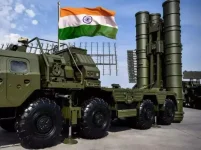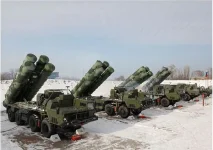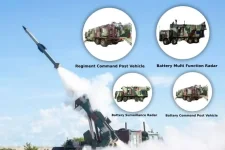- Views: 2K
- Replies: 3

In a strategic move to strengthen defence cooperation with Vietnam, India has offered its advanced counter-drone systems to the Vietnam People's Air Force (VPAF). This proposal comes amidst growing global concerns over swarm drone attacks on military installations.
The offered systems encompass both hard kill and soft kill technologies, providing comprehensive defence against this modern threat to airbase infrastructure.
Hard Kill Systems are designed to physically destroy incoming drones. India's offerings in this category include missile-based interceptors and laser systems capable of engaging and neutralizing UAVs (Unmanned Aerial Vehicles) at various ranges. The DRDO (Defence Research and Development Organisation) has developed systems like the D-4, which uses laser-based technology for a direct "hard kill" approach against drones.
Soft Kill Systems, in contrast, aim to disrupt or disable drones without physical destruction. Technologies like RF jamming, GPS spoofing, and signal disruption are employed to either take control of the drone or force it to land or return to its origin. India's soft kill solutions include systems that can jam communication frequencies or mislead the navigation systems of hostile drones, ensuring they are incapacitated without causing physical damage.
Swarm drone attacks have become a significant threat due to their ability to overwhelm traditional defence systems. By equipping the VPAF with these countermeasures, Vietnam can significantly enhance the security of its airbases, which are crucial for both defensive and offensive operations.
This offer reflects India's growing expertise in counter-drone technology and its commitment to strengthening defence partnerships in the region. As drone technology continues to evolve, both India and Vietnam will need to adapt and update their countermeasures to stay ahead of potential adversaries.




